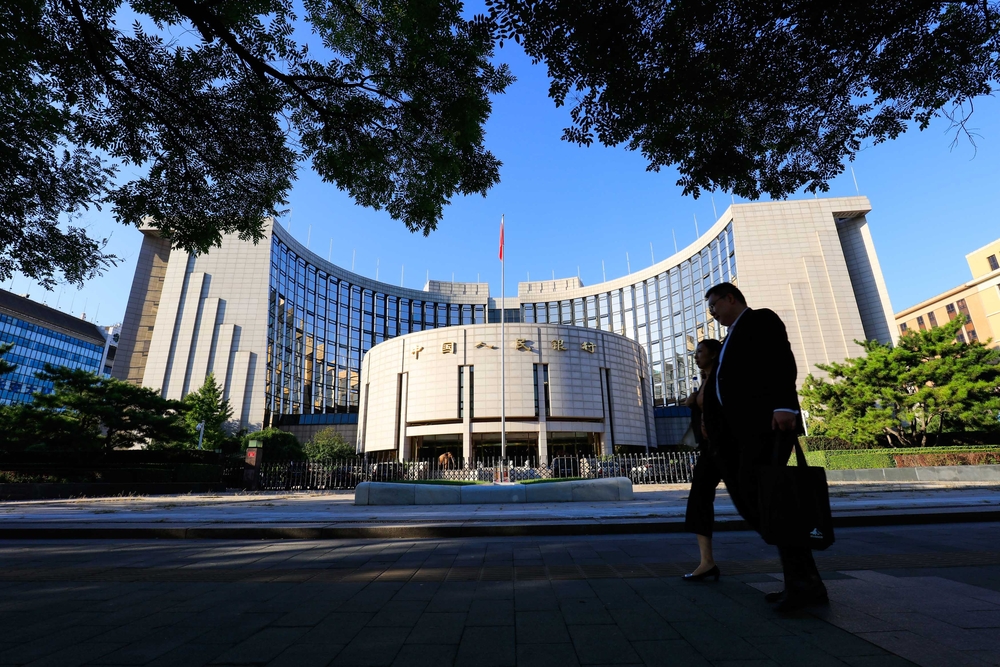‘Illegal Financial Activity’: PBoC Deputy Governor Warns Against STOs in China

Security token offerings (STO) – essentially initial coin offerings which are backed by tangibles such as a company’s revenues, profits or assets – are now officially banned in China.
This emerged after the People’s Bank of China (PBoC) deputy governor, Pan Gongsheng, warned those issuing STOs that they were violating the law.
“The STO business that has surfaced recently is still essentially an illegal financial activity in China. Virtual money has become an accomplice to all kinds of illegal and criminal activities,” Gongsheng told an internet finance forum in Beijing, according to the South China Morning Post.
‘Ban Saved China’s financial Sector’
Additionally, Gongsheng stated that ICO issuers were suspected of conducting illegal fundraising, committing financial fraud and of being Ponzi schemes. The PBoC deputy governor also noted that had Beijing not cracked down on ICOs starting in September last year, the country’s financial sector would have greatly suffered. Prior to the crackdown, around 80% of the ICO financing and cryptocurrency transactions globally took place in the world’s most populous country.
This comes about a week since another Chinese official warned against STOs, according to Chinese media outlet Caijing. Earlier this month, the head of Beijing’s Municipal Bureau of Finance, Huo Xuewen, told a wealth management forum that STOs were illegal while warning of harsh repercussions for their issuers:
“The ICO (initial coin offering) model is getting left behind for a new concept called STO. I want to issue a warning to anyone considering running an STO in Beijing. Don’t do it in Beijing – it is illegal. You can only engage in such activities with the approval from the government.”
One Year Since the Ban…
Before the latest warning from a senior PBoC official on STOs, China’s central bank had also cautioned investors about three months ago on the risks and dangers associated with initial coin offerings and cryptocurrency trading.
In a public notice issued by PBoC’s Shanghai branch on the first anniversary since a blanket ban on ICOs was placed, China’s reserve bank reiterated its warning on the risks associated with the crowd fundraising method while noting the success of the ban:
“[T]he global share of domestic virtual currency transactions has dropped from the initial 90% to less than 5%, effectively avoiding the virtual currency bubble caused by skyrocketing global virtual currency prices in the second half of last year in China’s financial market.”
While China is firmly in the ‘blockchain not bitcoin’ bandwagon, the PBoC has also recently expressed some reservations about the technology. Last month, the PBoC’s research unit called for the strengthening of supervision of speculative investments and financing in the blockchain industry. In a working paper, the research bureau of the Chinese central bank claimed that blockchain technology was overhyped and a sober measured view needed to be taken towards the tech while urging that functions of distributed ledger technology not be exaggerated.
Featured image from Shutterstock.